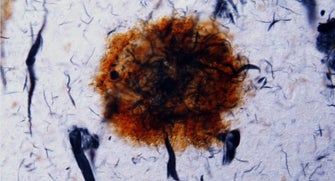Translational research in the Neuroscience Graduate Program at USC, including the Zilkha Neurogenetics Institute refers to a broad interdisciplinary approach in understanding fundamental mechanisms involved in the Neurobiology of Diseases, combining research from physician-scientists and basic researchers. This broad category of research focuses on the cellular and molecular mechanisms of disease; the neural systems underpinning behavioral disorders; the genetics of inherited or acquired neurological and psychiatric diseases; and research directed at developing potential therapies, including drugs that modulate synaptic plasticity and repair by stem cells.

The study of nervous system aging at USC considers the continuum from early development to older ages and includes the study of normal aging as well as age-related diseases in animal models and in humans. USC researchers are particularly interested in asking how aging represents the major risk factor for the development of disorders such as Alzheimer’s, Parkinson’s and Huntington’s diseases Through the use of physiological, molecular and biochemical methods, aging research at USC is addressing the role of basic mechanisms such as oxidative stress and inflammation in the progression into neurodegenerative disorders. Moreover, the roles of individual genetic variations and of their interactions with the external and internal environment in normal aging and susceptibility to age-related diseases are being actively investigated. Animal-model studies are complemented by postmortem analyses of human brain tissue from the Alzheimer Center’s Brain Bank.